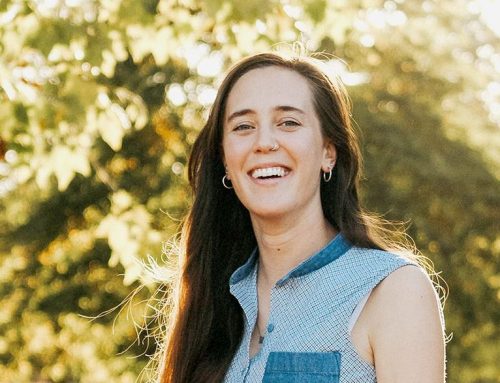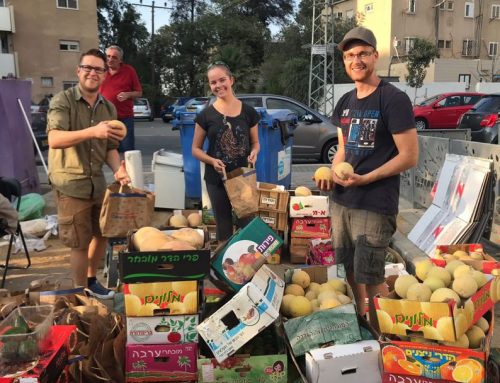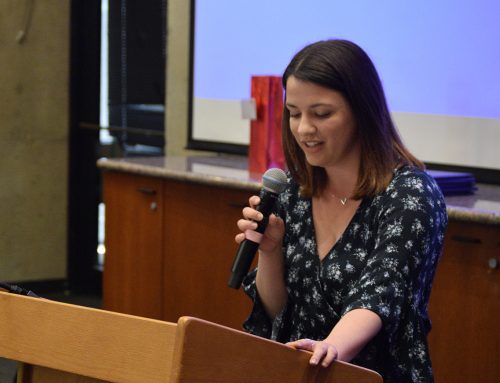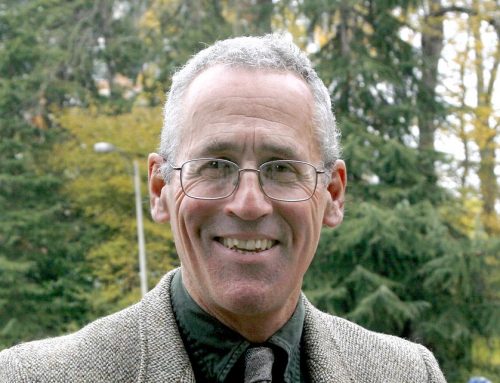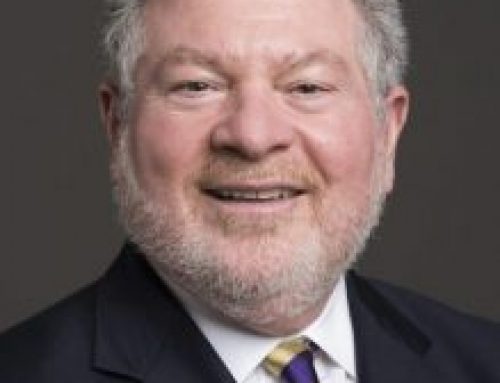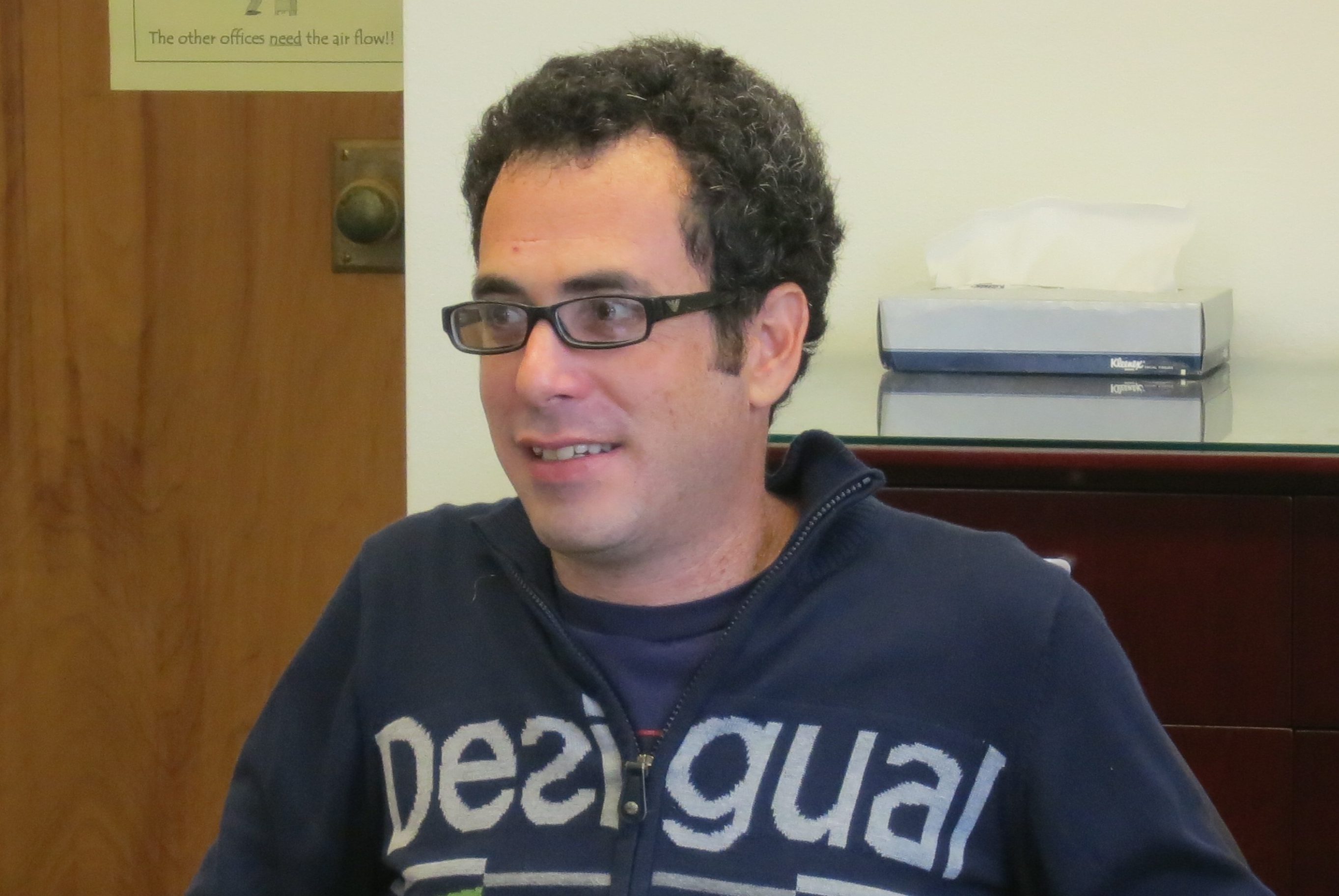
Yoav Duman, one of this year’s Jewish Studies Graduate Fellows.
By Yoav Duman
My interest and curiosity concerning issues of immigration, identity and politics began at a very young age. Growing up in Israel as a son of immigrants from the United States and South Africa, I was never a stranger to cultural complexity. My parents moved to Israel in their early twenties, but never fully assimilated into Israeli culture and society. Instead, they continued speaking English in their daily lives, surrounded themselves with other Anglos, and consumed American and British culture.
My social world, on the other hand, was very different. My friends were all very Israeli, the children of Israeli-born parents. When I visited them I remember thinking, often jealously, how different things were at their homes. Being raised in this dual cultural environment created endless confusing situations for me. As a child, I was never sure which language to use. At a later age I discovered that I did not always understand many of the cultural references made by my peers, since I grew up in the cultural world my parents had imported with them when they immigrated.
These experiences always made me feel somewhat different, and like most kids, I just wanted to be like everyone else. However, as I grew up I realized that this complex cultural environment greatly contributed to the way I perceive and understand the world. It made me realize that immigrants do not simply transplant themselves into a new society but are active carriers of identity who create new and complex social and cultural worlds in the process. I developed a fascination with traveling abroad and reading about other cultures and societies with a particular interest in people who, like myself, had multiple and at times conflicting cultural identities. During this period I also became involved in Israeli politics. I joined the peace movement in the early ’90s, a period that carried great excitement and hope for the future.
After graduating from high school and completing my military service, it felt natural to me to continue pursuing these interests in an academic setting. I enrolled in the political science program at Ben Gurion University and focused on immigration studies and Israeli politics. My time there was one of intellectual discovery. I was introduced to a host of approaches and theories to explain the social and political world that deeply inspired my thinking.
This was a time of both intellectual and personal self-discovery, during which I realized that I had discovered what I am passionate about and decided that I wanted to pursue it professionally. Since then I have continued my professional development both at Tel Aviv University and at the University of Washington exploring questions concerning the rights of undocumented migrants, political struggles of migrant groups, and patterns of immigrant integration and incorporation.
I am currently pursuing a new project that concerns the issue of asylum seekers in Israel. Over the last four years Israel has experienced an unprecedented influx of over 70,000 asylum seekers from Eritrea and Sudan who are smuggled through the Egyptian border. Due to the unparalleled nature of this phenomenon in Israeli history, with asylum seekers constituting approximately 1% of the total population, it has progressively become one of the most salient and contentious issues in contemporary Israeli politics. While Israel has historically accepted small, limited groups of refugees, this is the first time it has been confronted by large-scale clandestine flows of asylum seekers.
I find this topic particularly compelling since refugees and asylum seekers constitute a particularly complex challenge in the case of Israel. On the one hand, the historical sense of responsibility toward refugees that emanates from the history of Jewish persecution and the Holocaust suggests that Israel must be open to such flows. On the other hand, this very historical experience reinforces the need to maintain a Jewish majority within Israel in order to provide Jews with a safe haven to escape persecution in the future.
As I have pursued this research, I have discovered that these two conflicting rationales have led Israel to adopt highly contradictory policies towards these asylum seekers. Also, the continued salience of the Israeli-Palestinian conflict adds additional complexity to this issue. The ongoing violence and the constant feeling of Israel as a nation under siege has fueled nationalist chauvinism and xenophobia among certain sectors of Israeli society, leading to outright hostility towards asylum seekers, many of whom are Muslim.
My research attempts to decipher these complexities and conflicting interests and explain the evolution of Israel’s policies towards this group. This research represents part of a larger research agenda of mine that focuses on the challenges that all highly developed countries face, and how they are dealt with in a not so regular state, one that desires to be both Jewish and democratic.
Find out more about the Jewish Studies Graduate Fellowship at the University of Washington.

